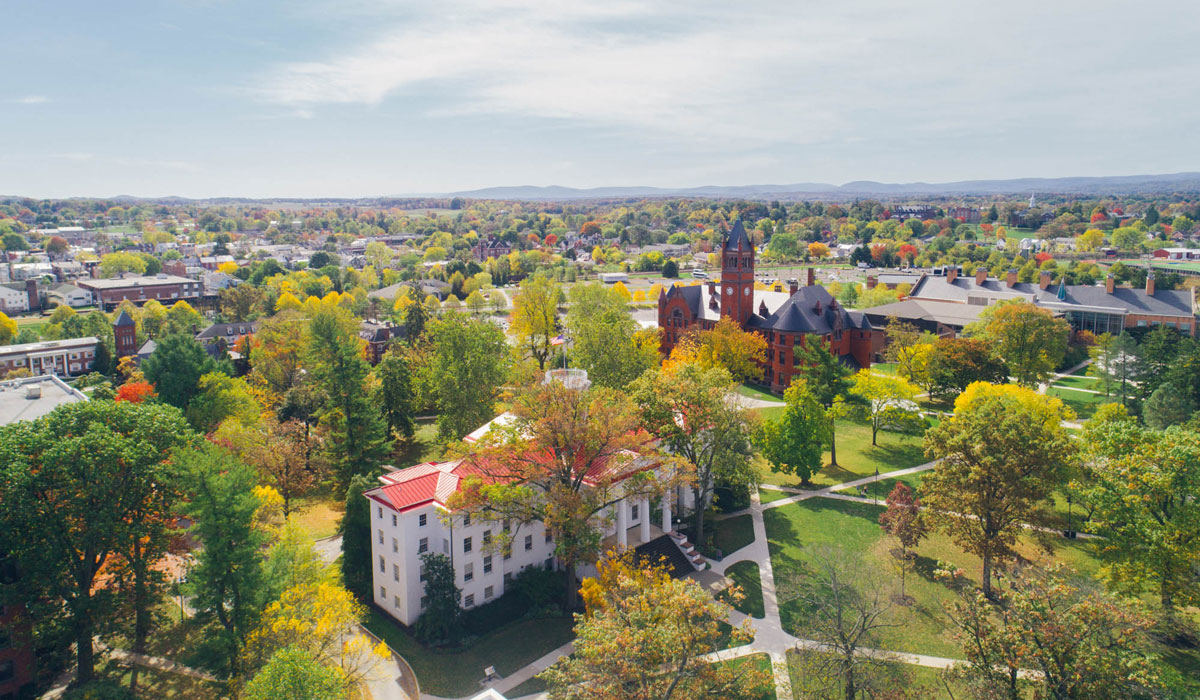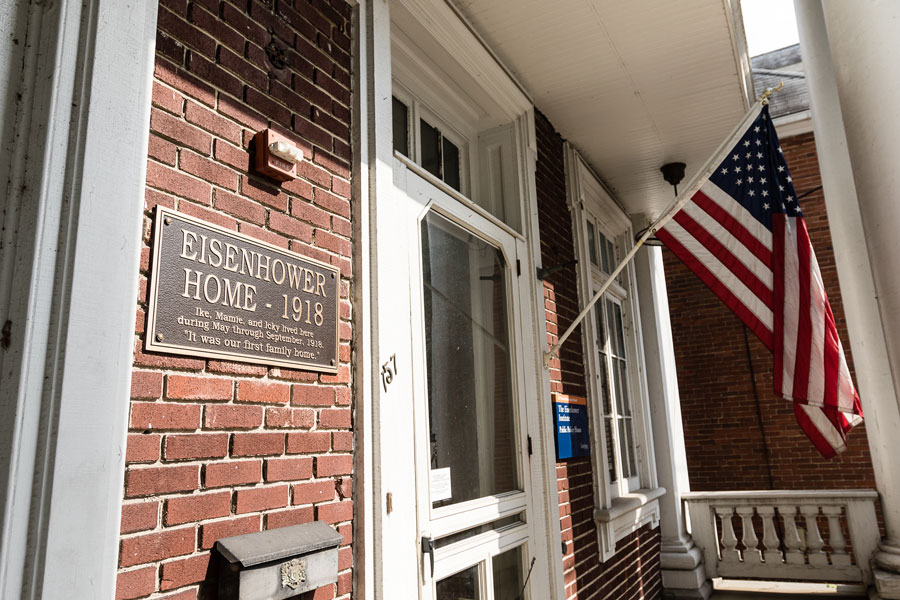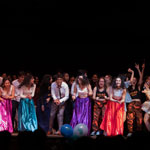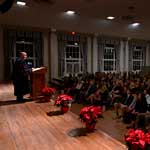

In September, Gettysburg College virtually hosted the 12th annual International Society for First World War Studies Conference. Bringing together more than 80 scholars from around the world, it bridged the gap between the past and present through discussions on technology from the unique vantage point of the College.
Topics discussed during the conference included the convergence of technology and geography, technology and remembrance, technology and violence, and technology and medicine in World War I.
The International Society for First World War Studies is a professional society of scholars dedicated to the study of World War I, and this year—the first year its conference has been hosted by Gettysburg College—Gettysburg faculty and staff joined forces with other representatives across higher education to coordinate the scholarly conference.
Committee members from the College included Conference Committee Chair and History and Interdisciplinary Studies Prof. Ian Isherwood, College Archivist Amy Lucadamo, and Systems and Digital Initiatives Librarian R.C. Miessler. They were joined on the committee by Georgia Southern University Prof. Brian Feltman, U.S. Army War College Prof. Michael Neiberg, and Utah State University Prof. Tammy Proctor.
“I decided to approach Prof. Isherwood [to host the conference from Gettysburg College] because of his work on digital public history. In addition, Gettysburg offered the technical support and expertise we needed to hold a successful online conference,” said Jessica Meyer, president of the International Society for First World War Studies. “Prof. Isherwood’s team brought a range of experience in online programming and publishing, which I don’t think we would have found anywhere else.”
Our historic location for this conference shined a light on the College’s role in the American war effort during World War I. Dwight D. Eisenhower, Army general and later United States president, trained soldiers on the preserved Civil War battlefield, the site of the Battle of Gettysburg which neighbors the College campus. While he was in command at Camp Colt in 1918, Eisenhower also lived in the building that today is known as the College’s Eisenhower Institute.

“If we were able to have the conference in person, I would have taken everyone out to the battlefield and showed them where 10,000 men trained as part of the U.S. Army Tank Corps during the Great War,” Isherwood said. “Instead, I opened the conference on Zoom from the Eisenhower’s 1918 home and talked about how Ike’s greatest struggle at Camp Colt was controlling the 1918 flu pandemic. It seemed the appropriate way to bring the past into the present.”
Even with the limitations presented by the COVID-19 pandemic today, Gettysburg College successfully connected scholars across the globe to learn from one another on a topic that’s both timely and forever relevant to our sense of place.
“Though we would have preferred to be in person, our committee planned and executed an event that still made those in our field feel a sense of community,” Isherwood said. “We put together a rich program of papers and had two compelling keynote lectures on the theme of technology in the First World War. We were able to use technology to facilitate what became an excellent conference, one that represented well the sense of cordiality of our society, and one that gave our attendees as very positive impression of Gettysburg College.”
By Ericka Gardner ’22
Photos by Shawna Sherrell and Miranda Harple
Posted: 10/14/21


